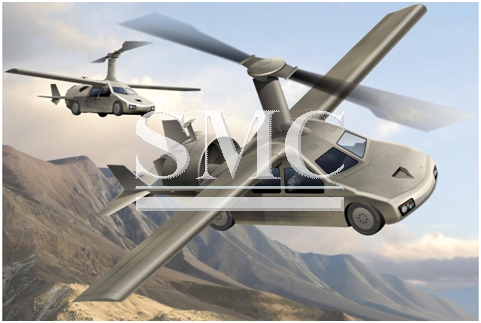
- Unternehmensübersicht Das Herz von Shanghai Metal Vision und Philosophie Partnerschaft Zertifizierungen Unternehmenskultur
- Unser Service Projekt-Design Wartung und Service Herstellung Transformation und Aufrüstung Lagerung und Logistik Verarbeitung und Handel
- Management Unsere Geschichte Globale Verantwortung
- Beschaffungszentrum Praktikum
- Metall Aluminiumprodukte Kupferprodukte Metallisch beschichtete Produkte Edelstahlprodukte Stahlprodukte Sonderlegierung
- Konstruktion Stahlgitter Lagerregal Stahlstruktur Stahlbrücke Gerüstbau Baumaterial Chemische Rohstoffe One Stop Solutions for Projects
- Containers ISO Standard Container Gerätecontainer Lagerbehälter Container Haus Reefer / Isolierbehälter Offshore Container
- Maschinen Formmaschine Andere Maschinen Schneidemaschine Verarbeitungsmaschine Biegemaschine Ziegelmaschine Motor
- Mechanische Produkte Fahrzeugindustrie Verschiedenes Festmacher Schiffsausrüstung Druckbehälter
- Elektrisches System Elektrisches Kabel Automatisierung Machtverteilung Solarenergie System Elektrisches Schutzsystem Transformator Fließband Blitzsystem
- Medizinisches Zubehör Fütterungsprodukte Atemwegsprodukte Pflegeprodukte Injektionsprodukte
- Baumaschinen
- EPC-Projekt
- Erdölleitung
- Wasserleitung
- Gas Leitung
- Boots- und Liegezubehör
- Metall zur Dekoration
- Transformator-Komponenten
- Wärmetauscherrohr
- Klimaanlage Ersatzteile und Zubehör
- Kessel
- Küchen- und Badezimmergerät
- Metall für Haushaltsgeräte
- Solarstromgerät
- Aufzug
- Dach und Decke
- Kabel
- Tank
- Verpackung
- Maschinen und Anlagen Ersatzteile und Zubehör
- Formenwerkzeug
- Autoteile
- Gleis- und Kranbahn
- Hardware-Anpassung
- Schleifmittel
- Straßenbaumaschinen
- Elektronische Bauteile
- Bau- und Ausbaumaterialien
- Türen und Fenster
- Kühlschränke
- Pressemitteilung Nachrichten aus der Metallindustrie Nachrichten von Maschinen und Anlagen Nachrichten von Bau und Gebäude Nachrichten von mechanischen Produkten Nachrichten von Containern Nachrichten von Elektrik System Nachrichten von medizinischem Zubehör
- Medienbibliothek Videos Bilder Folgen Sie den sozialen Medien in Shanghai
Uber publicises their approval for flying cars
On the 3rd of November, car sharing giant Uber released a 98 page report detailing their support for a future with flying cars. Uber cited that the increasingly congested cities and technological impact on transportation will provide incentive for quick development. Uber believes that within a decade it will be possible to build a network of affordable, electric flying cars that take off and land vertically at speeds of up to 200 mph.
Similarly to the case of Tesla introducing the ‘Hyperloop’ concept but not wanting to lead development, Uber have said they don’t intend on creating flying cars themselves but would be interested in collaboration with innovators who do. Many experts have been quick to question the report released by Uber, whilst being fully supportive of the concept, they insist 10 years is a far too short time period due to the complications that would come with such a game changing revolution. Cost, regulations and public approval have all been highlighted as the primary reasons as to why Uber have overestimated the development of such vehicles.
"It's great to have these ideas, it forces everyone to start thinking differently," said Ali Bahrami, the vice president for civil aviation at the Aerospace Industries Association. "Eventually we'll get to that stage, much like what we saw in cartoons. The reality is it won't be as quick or optimistic as the paper seems to imply."
Uber raised the topic of flying cars just days after it announced that one of the self-driving trucks it owns completed a delivery of 50,000 Budweiser cans. The company released a remarkable video of a Budweiser truck cruising down a highway with an empty driver's seat.
